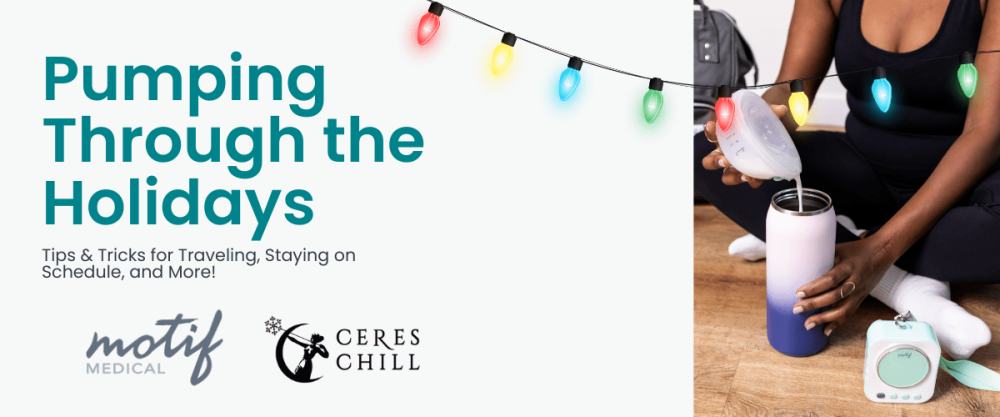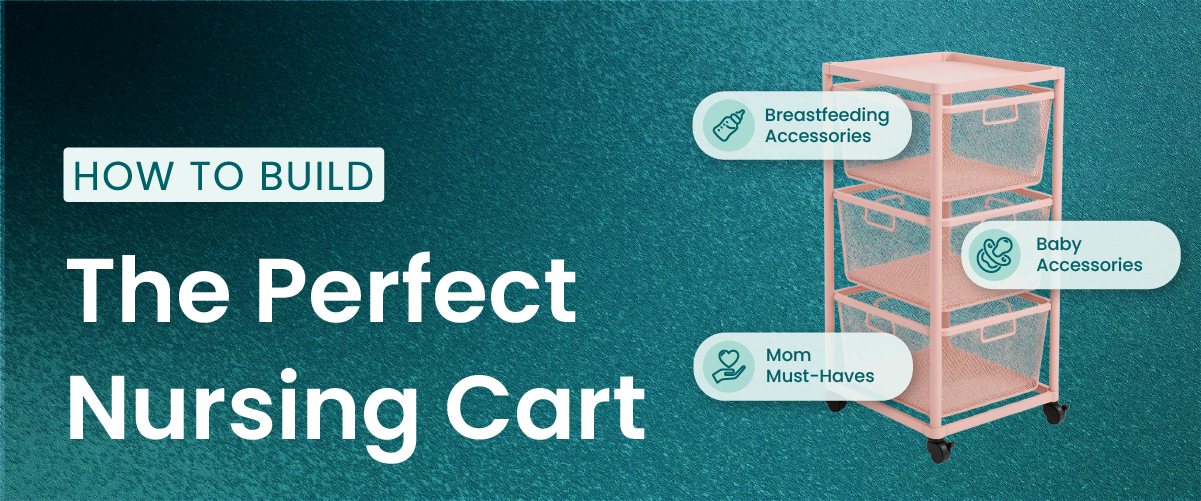Understanding Your Postpartum Mental Health
We often hear about how pregnancy forever changes a mother physically, but what about the mental health and emotional changes that can accompany pregnancy and birth? From the sudden hormone level shift to sleep deprivation to the stress of caring for a newborn, and the challenge of learning to breastfeed, it’s easy to see how one’s mental and emotional health can be greatly impacted. How do you know what you’re experiencing is “normal” versus something more serious? As many as 1 in 8 women report symptoms of Postpartum Depression (PPD), which is a serious mood disorder occurring in mothers after the birth of their new baby. Knowing the risk factors, symptoms, and potential treatments for postpartum depression is important for every woman who is preparing to or has recently given birth.
Baby Blues vs. Postpartum Depression
The onset of crying spells and mood swings in the early postpartum period is often referred to as the Baby Blues. It is common for women to experience these symptoms shortly after giving birth. Moms often report going from feeling overjoyed at the birth of their baby to also feeling overwhelmed and sad. Postpartum Depression and the Baby Blues share some signs and symptoms, but the Baby Blues are short-lived and less severe than Postpartum Depression. If you have symptoms for longer than two weeks, you may be experiencing Postpartum Depression.
Postpartum Depression Symptoms
- Feelings of sadness/depression
- Crying spells
- Difficulty bonding with your baby
- Withdrawing from family and friends
- Loss of appetite or Binge eating
- Panic attacks
- The constant fear of being a bad mother
- Trouble sleeping/Insomnia or excessive sleeping
- Lack of energy
- Loss of interest in things you used to enjoy
- Irritability
- Feelings of shame, guilt, worthlessness, and hopeless
- Difficulty concentrating
- Thoughts of harming yourself or your baby


It is important to discuss any of these symptoms with your healthcare provider and to be open with your loved ones in your support network about your health conditions. Several treatment options for Postpartum Depression can benefit your well-being and help you feel more like yourself.
Risk Factors for Postpartum Depression
While any new moms can experience Postpartum depression, some factors can increase your risk:
- History of depression at any time
- History of bipolar disorder
- Family members with a history of depression or other mood disorders
- You’ve experienced stressful events in the year leading up to your baby’s birth including, pregnancy complications, financial problems, relationship problems, etc.
- Your baby has health problems
- Difficulty breastfeeding
Postpartum Depression, Birth, and Breastfeeding
Birth experiences can play a role in a mother’s mental health during the postpartum period. It can be challenging to process the emotions that come with experiencing a difficult birth or even with experiencing a birth that was far different than what you expected. Birth trauma is real and often overlooked when it comes to postpartum mental health. Seeking emotional support from a qualified and experienced mental health professional, or therapist, and talking with your healthcare provider are important first steps in working toward recovery after a traumatic birth experience.
Support is also key when it comes to breastfeeding and PPD. When mothers are properly supported and moving toward their breastfeeding goals, there is a reduction in the risk of postpartum depression. However, when mothers are struggling with breastfeeding, they may be more at risk for PPD. If you’re preparing to breastfeed, take a class or meet with an IBCLC (International Board Certified Lactation) to learn as much as you can about latch, positioning, how milk is made, and more
If you experience breastfeeding challenges, reach out for support right away!
The sooner a breastfeeding problem is addressed, the more likely it is to be corrected so you can keep moving toward your breastfeeding goals. Also, keep in mind that breastfeeding success doesn’t have to look one certain way. Any amount of breastmilk you give to your baby is valuable. Breastfeeding doesn’t have to be “all or nothing”.
Postpartum Psychosis
In addition to Postpartum Depression, Postpartum Psychosis is a rare, but serious mental health condition that usually develops within the first week after giving birth. Its symptoms are severe and can worsen quickly. New mothers who experience postpartum psychosis are more likely to harm themselves or their children. Postpartum Psychosis is a mental health emergency!
Symptoms include:
- Confusion
- Feeling disconnected from yourself or reality
- Manic episodes (significant increase in energy and mood)
- Depressive episodes (significant decrease in energy and mood)
- Paranoia
- Obsessive thoughts about baby
- Hallucinations or delusions
- Attempts to harm yourself or your baby


Help for Postpartum Mood Disorders
Many different types of support are available for those suffering from postpartum mood disorders. Cognitive Behavioral Therapy, talk therapy, medications, support groups, or a combination of these treatments can help. The first step in seeking psychiatric help is to reach out to your healthcare provider and confide in trusted members of your social support system. With psychotherapy treatment, you can begin to feel more like yourself and enjoy precious moments with your baby. These resources provide a wealth of knowledge in coping with postpartum mood disorders:
- Postpartum Support International Helpline:1-800-944-4773
- National Maternal Mental Health Hotline: 1-833- TLC - MAMA (1-833-352-6262)
- Suicide and Crisis Prevention Lifeline: Cal or Text 988
- Postpartum Support International
- PostpartumDepression.org
- Smart Patients Postpartum Support Community
- Better Help Virtual Therapy
- Canopie App
Postpartum Depression can be caused by a combination of physical and emotional factors, and it’s important not to blame yourself. The most important thing you can do for yourself and your baby is to seek help if you suspect you are struggling with a postpartum mood disorder. Make a priority of taking care of yourself. Nourish your body, stay hydrated, have moments of self-care, spend some time outdoors each day, and get in some physical exercise. Keep all of your follow-up appointments with your medical healthcare provider and your therapist. Above all, know that this is not your fault— there is hope and with proper treatment, you can feel like yourself again!
Help for Postpartum Mood Disorders
Information provided in blogs should not be used as a substitute for medical care or consultation.






